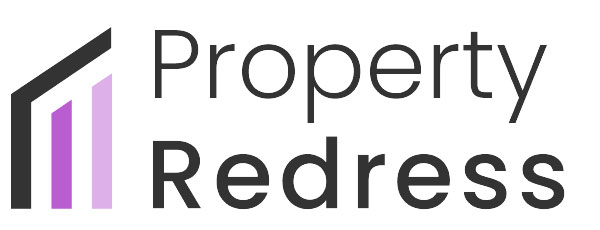Everything you need to know before letting your property
New landlords often need a landlords guide, as letting a property for the first time can be exciting, but it can also feel overwhelming. From legal responsibilities to finding the right tenants, there’s a lot to think about.
Here’s our straightforward landlord guide to help you avoid common pitfalls and start your landlord journey with confidence.
1. Understand your legal responsibilities
As a landlord, you have legal duties to keep your property safe, and your tenants protected. These include:
- Gas Safety Certificate – Must be renewed annually by a Gas Safe registered engineer.
- Electrical Safety – An Electrical Installation Condition Report (EICR) is required every five years.
- Energy Performance Certificate (EPC) – Minimum rating of “E” (or higher in some cases).
- Right to Rent Checks – Verify that all tenants have the legal right to rent in the UK.
- Deposit Protection – Place your tenant’s deposit in a government-approved scheme within 30 days.
- Fire Safety – Smoke alarms on every floor, carbon monoxide alarms where required, and fire-safe furnishings.
2. Prepare your property for letting
A well-presented property attracts better tenants and can let faster.
Before marketing:
- Carry out any repairs or maintenance.
- Decorate in neutral colours to appeal to more people.
- Ensure appliances are in safe working order.
- Provide clear instructions for heating, hot water, and appliances.
3. Decide on your letting arrangement
You can:
- Self-manage – You find tenants, deal with maintenance, collect rent, and handle legal compliance yourself.
- Use a letting agent – We can manage everything from marketing to tenant vetting and ongoing property management, so you don’t have to worry.
4. Set the right rent
Too high, and your property might sit empty. Too low, and you lose income.
Research similar properties in your area or ask us for a free rental valuation to help you set a competitive price.
5. Choose the right tenants
Good tenants are the key to a stress-free tenancy.
We recommend:
- Full references (employment, previous landlord, credit checks).
- Meeting prospective tenants in person if possible.
- Being clear about your expectations (e.g. pets, smoking, maintenance responsibilities).
6. Protect yourself with a strong tenancy agreement
A well-written tenancy agreement covers:
- Rent amount and payment dates.
- Tenant and landlord responsibilities.
- How and when the tenancy can be ended.
- Rules about pets, smoking, and subletting.
We can draft a clear, legally compliant agreement tailored to your needs.
7. Keep on top of maintenance and communication
- Respond promptly to repairs—keeping the property in good condition protects your investment.
- Keep written records of all maintenance and communication.
- Carry out regular inspections (with proper notice to tenants).
8. Understand the financial side
Letting a property isn’t just about collecting rent. You should budget for:
- Mortgage payments (if applicable)
- Insurance (landlord-specific cover is recommended)
- Maintenance and repairs
- Letting agent fees (if you use one)
- Periods when the property might be empty
- Tax on rental income
9. Consider insurance
Landlord insurance can cover:
- Buildings and contents
- Loss of rent (if your property becomes uninhabitable)
- Legal expenses
- Public liability (in case someone is injured on your property)
10. Stay up to date
Letting laws change frequently. Partnering with an experienced letting agent means you can be confident you’re always compliant.
Need expert help?
If you’d like professional guidance every step of the way, from finding great tenants to keeping your property legally compliant, our friendly lettings team is here to help and we can save you time, reduce stress and help you protect your investment.
Call us 01323 894400 or use our contact form.
Download our 10 quick tips for first-time landlords
Require further info, or some help with lettings? Please get in touch and our expert team and advise.





